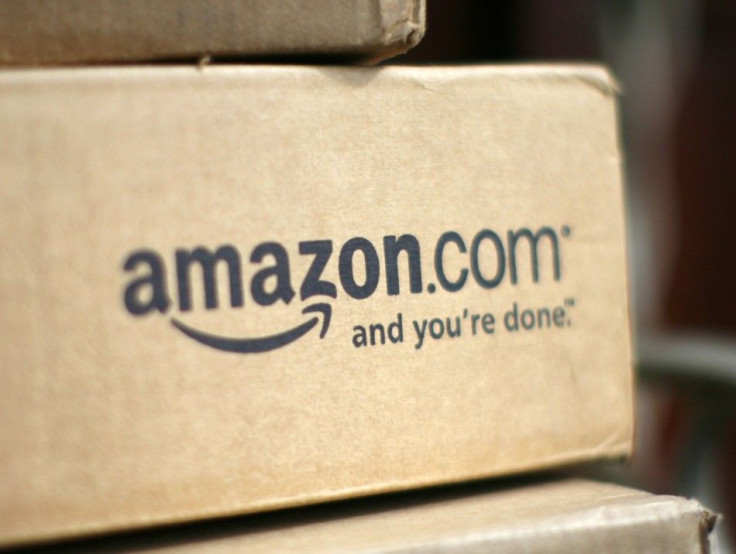Amazon Tablet: The Only Viable iPad Contender
Analysis

A number of manufacturers have tried and failed to enter the tablet computing space, currently dominated by the iPad and iPad 2, but Amazon's forthcoming tablet may have the right mix to shake Apple's empire.
Amazon, the world's largest online retailer, said last week it will hold a special press-conference on the 28th, an event that many expect will mark the company's foray into tablet computing.
Checks with manufactures and suppliers indicate that Amazon is looking to roll-out two tablets: one a 10 much like Apple's interpretation, and another at 7. The various sizes can give it reach into different life-styles, following a similar strategy Samsung is using with its Galaxy Tab line of tablets.
But the price alone may prove to be enough to garner critical mass.
The new tablet is expected to be priced at $250, or roughly 50 percent below the entry level price of Apple's iPad. Mainstream non-Apple competitors all start at $399 to $499.
A survey by Citigroup showed the primary inhibiter to tablet purchases among consumers was the price, and most struggling would-be iPad manufacturers, like Motorola and Research in Motion, cannot afford shrink margins to undercut the iPad.
While the cost to manufacture the Amazon tablet is not yet known, Amazon itself is one of the few companies that can even afford to sell a device at a loss to firmly plant its platform. It is expecting $10 billion in revenue in the current quarter from other businesses already in place.
A look to the fire sale of HP tablets last month, where a lower than normal price set off a frenzy of global demand, also indicates potential success of a lower priced tablet.
If HP TouchPad after-market and eBay sales are any indication, consumers are willing to spend $300 for a good tablet and this may be the sweet spot for non-iPad market entrants, Wedge analyst Brian Blair told clients.
The tablet will also be one of the first which could potential go toe-to-toe with Apple in terms of content.
Apple has built a similar ecosystem around its mobile devices with the iTunes digital media store, and the forthcoming iCloud hosted service. The selection and ease of use has proved to be a nearly insurmountable barrier for other tablets, which can just offer hardware.
Amazon can offer this, however, with is its growing catalogue of eBooks and other digital media, including music, video and games. A customizable tablet with access to this rich catalogue would be unique among iPad competitors, and potentially dangerous for Apple.
Given Amazon's arsenal of media content (music, streaming TV and movies), digital books, app store and distribution strength that the company's tablet offering has an opportunity to offer something competitive to the iPad, writes Blair.
He models the company shipping 800,000 to 1 million units of the 7-inch device at first, with total shipments of perhaps 3 million to 4 million units this year.
While that would make for an impressive start, it is still pale to the current runaway projections for the iPad. Apple's is expected to account for 73.4 percent of the 63 million worldwide tablet sales in 2011, according to Gartner.
Amazon's choice of using the Android platform, developed by Google, could also limit the devices appeal.
This is because Apple delivers a superior and unified user experience across its hardware, software and services, says Carolina Milanesi, research vice president at Gartner. Unless competitors can respond with a similar approach, challenges to Apple's position will be minimal.
Android tablets will account for just 17 percent of global tablet sales in 2011.
© Copyright IBTimes 2025. All rights reserved.





















